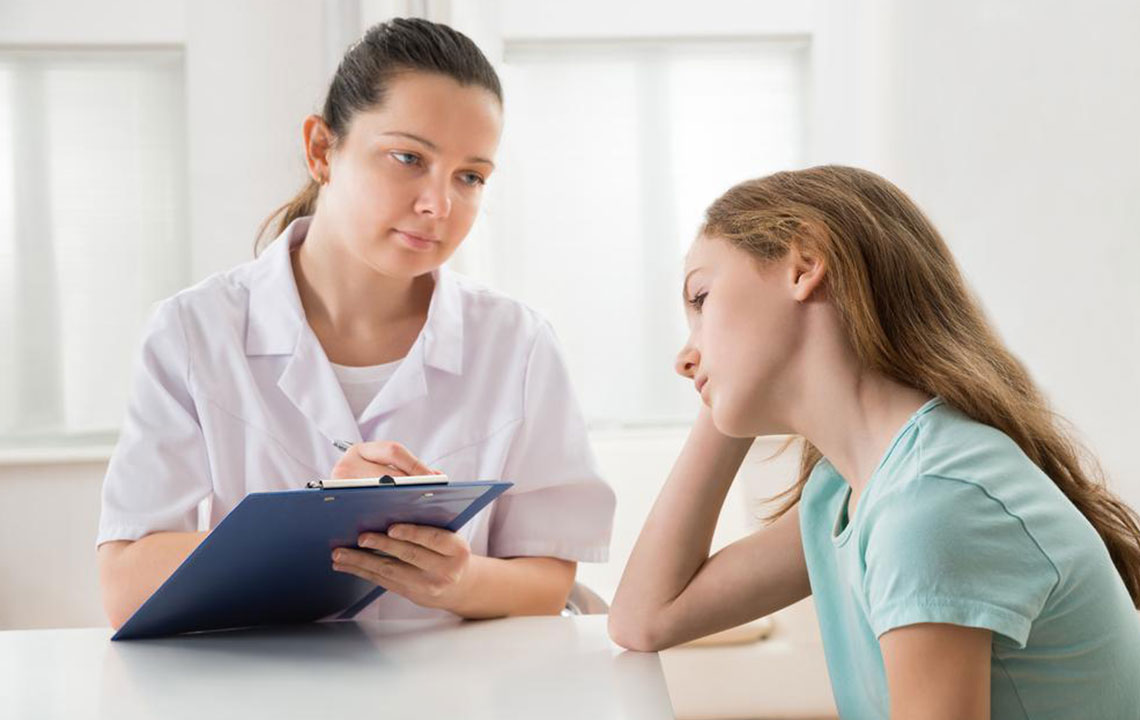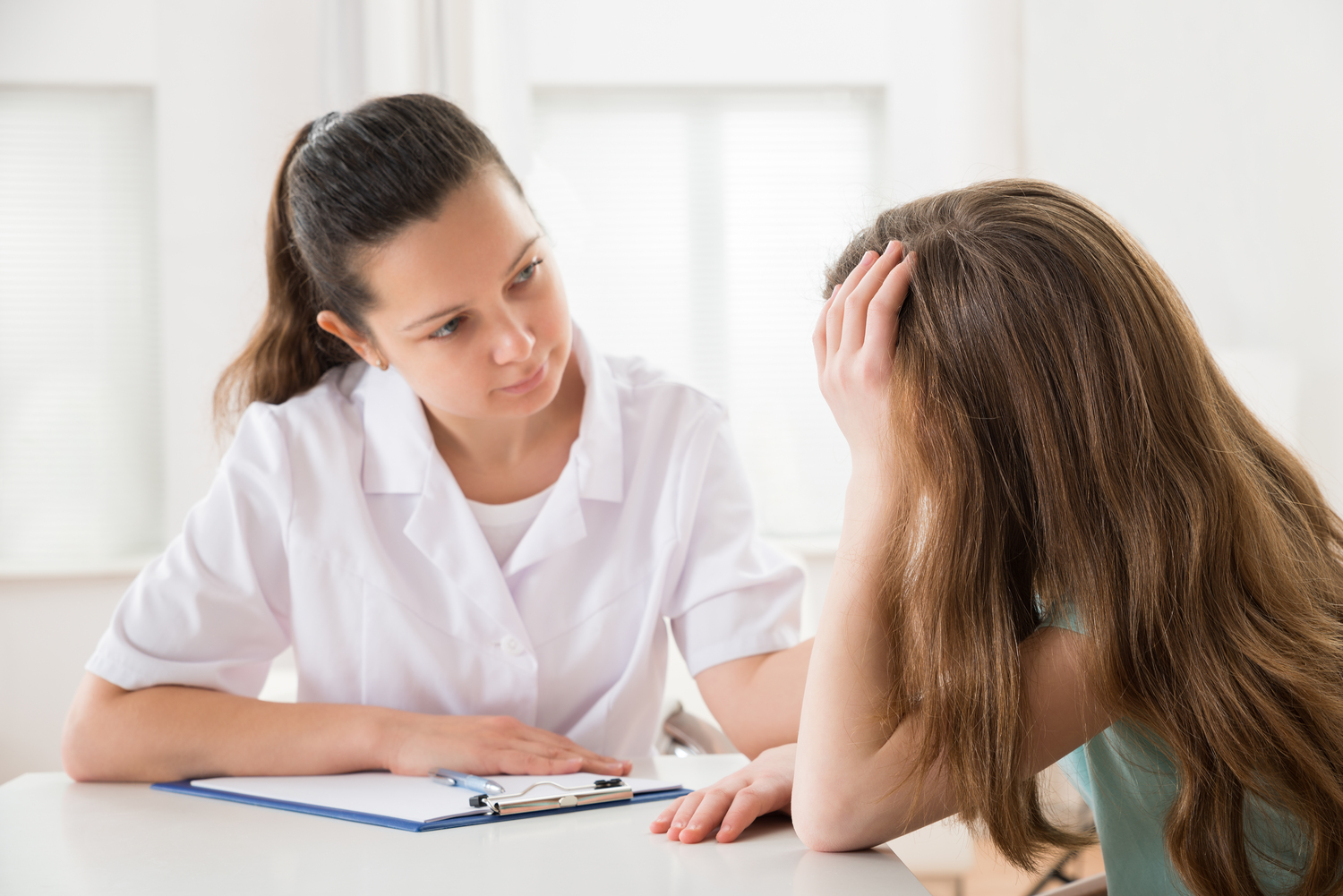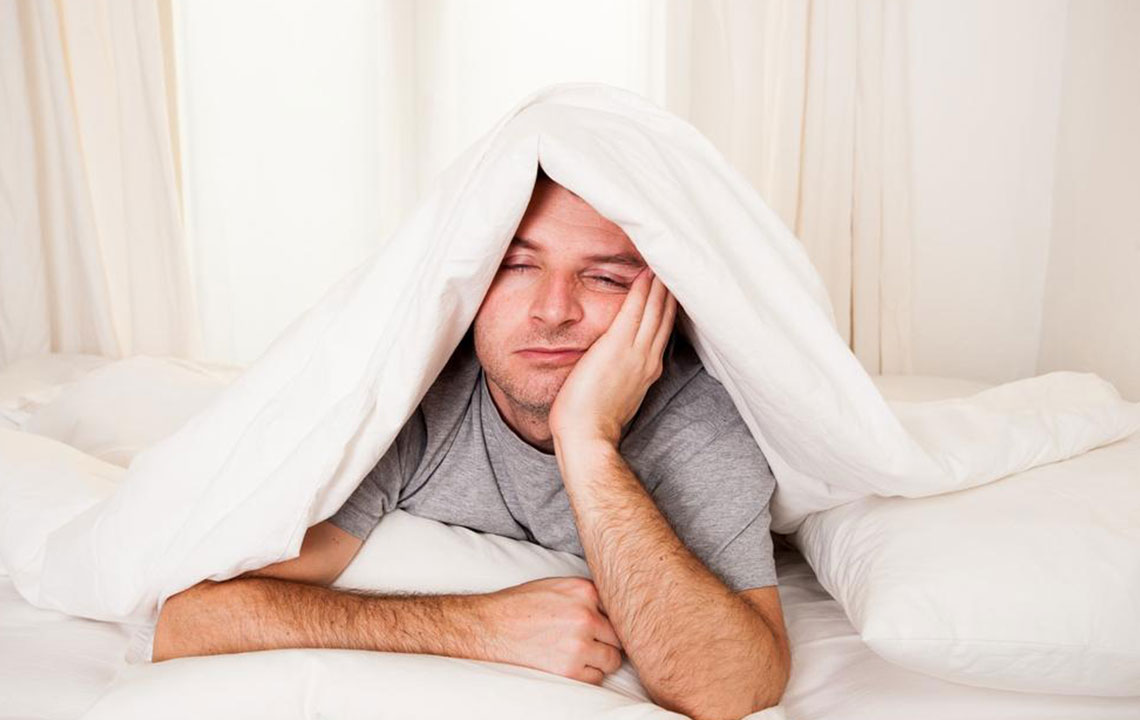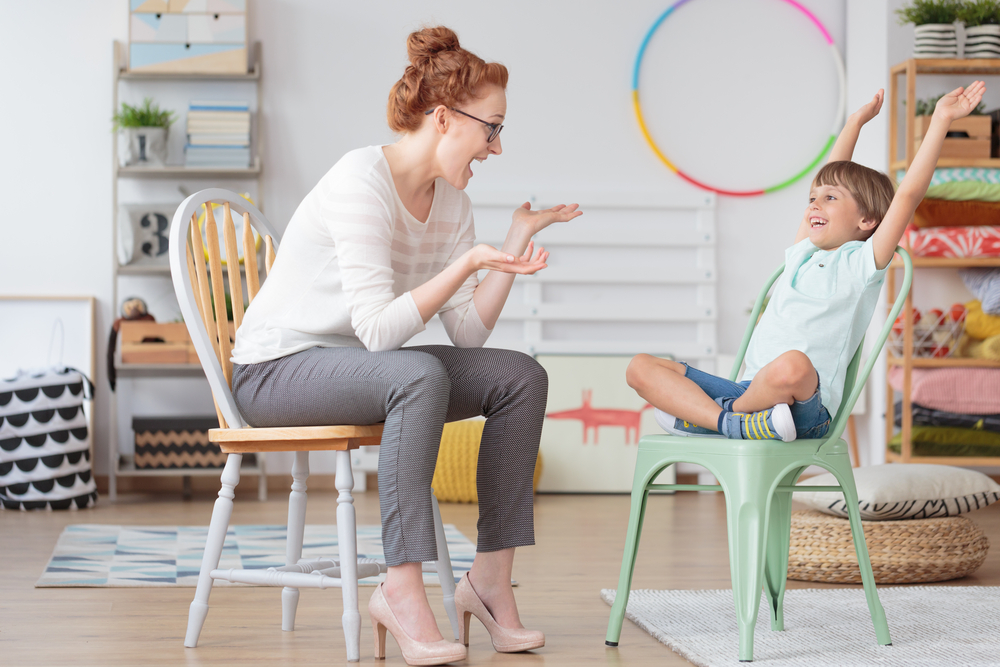Top Strategies for Managing Adult ADHD Effectively
Discover effective techniques to manage adult ADHD, including coaching, medication, support groups, and lifestyle changes. Learn how routines, therapy, exercise, diet, and mindfulness can help adults improve focus, reduce impulsivity, and lead balanced lives. Implementing these strategies can make a significant difference for adults coping with ADHD symptoms daily.

Top Strategies for Managing Adult ADHD Effectively
Recognizing the complexities of the human mind and body, it's important to understand how mental health impacts physical well-being. Attention Deficit Hyperactivity Disorder, commonly known as ADHD, is a psychological condition that can have significant physical and emotional effects. Although often diagnosed in childhood, many adults experience persistent symptoms that influence their daily lives.
In the United States, adult ADHD cases are increasing. Often, symptoms were overlooked during childhood, emerging more prominently later in life. Common signs include difficulty concentrating, hyperfocus, forgetfulness, low self-esteem, anxiety, fatigue, relationship issues, poor listening, substance dependence, and irritability. Addressing these challenges early with effective strategies is crucial.
Managing adult ADHD requires a comprehensive approach beyond medication. Here are some proven techniques:
Coaching and Behavioral Support: Behavior modification and professional coaching help individuals learn to manage impulses and stay focused without relying solely on medication.
Medications: For severe cases, stimulant drugs such as Focalin, Dexedrine, Adderall, and Vyvanse can stabilize symptoms and improve functioning.
Support Networks: Joining ADHD support groups can reduce feelings of isolation, offering encouragement and shared strategies from peers facing similar challenges.
Physical Activity: Regular exercise boosts neurotransmitter levels and releases mood-enhancing hormones, promoting mental clarity and emotional stability.
Structured Routines: Establishing daily schedules helps bring order, reducing chaos and increasing a sense of control.
Cognitive Behavioral Therapy (CBT): CBT offers practical techniques to address negative self-perceptions and behavioral issues related to ADHD.
Yoga and Mindfulness: Yoga and breathing exercises calm the nervous system, decreasing hyperactivity and stress levels.
Balanced Diet: Consuming nutrients like proteins, magnesium, zinc, and healthy carbs supports brain function and memory.
Digital Detox: Taking breaks from screens and social media reduces stress triggers and enhances focus by reconnecting with nature.
The Stop and Slow Technique: Pausing during overwhelmed moments allows mental clarification, reducing impulsivity and hyperactivity.
Incorporating these strategies can help adults with ADHD lead more balanced and peaceful lives.










